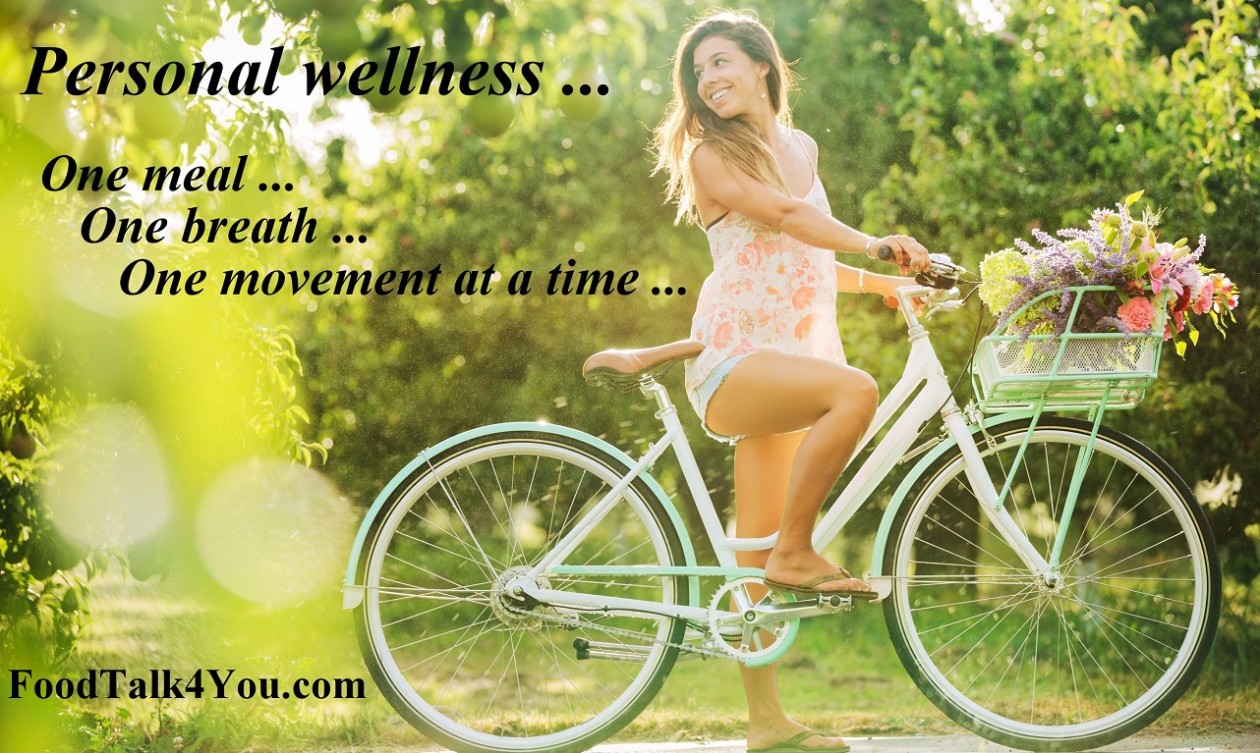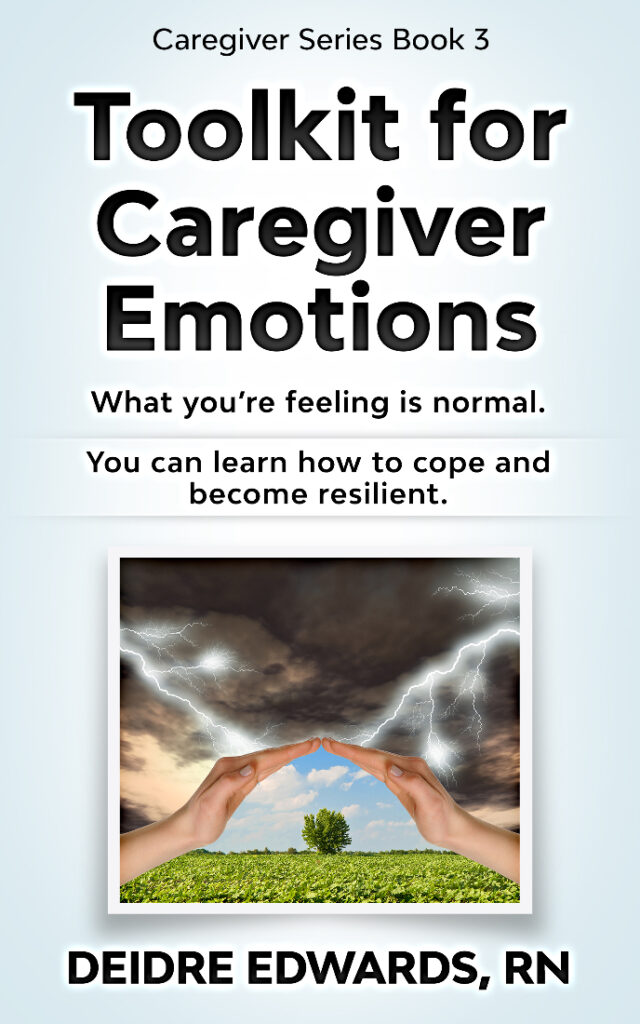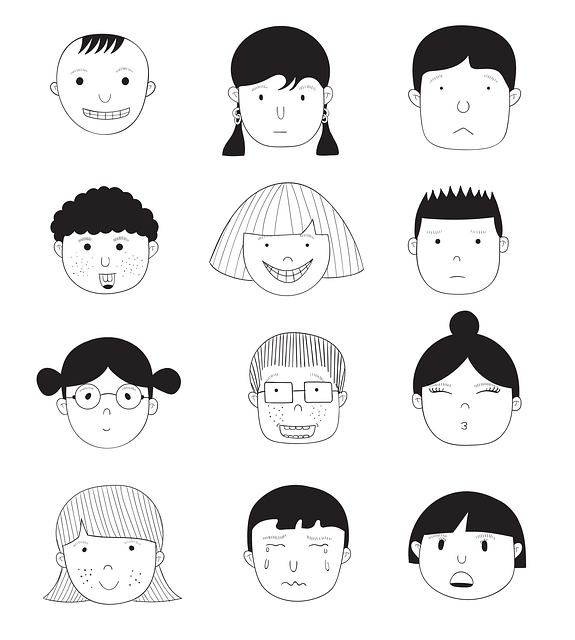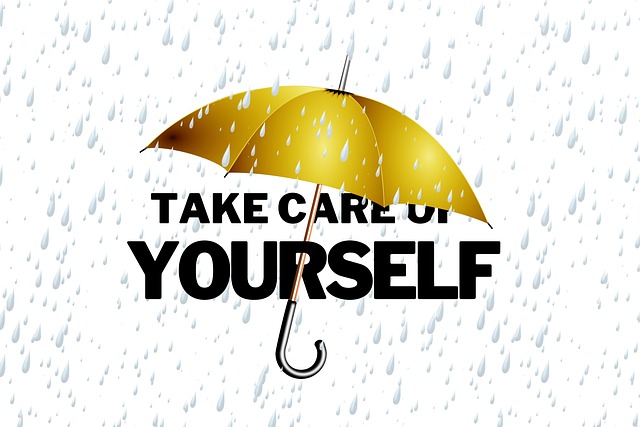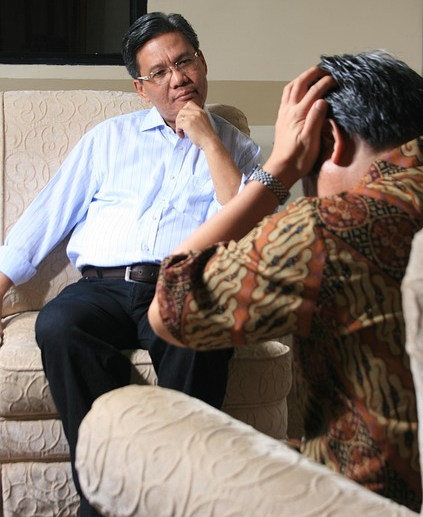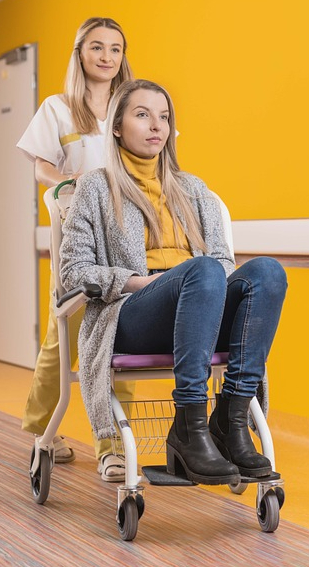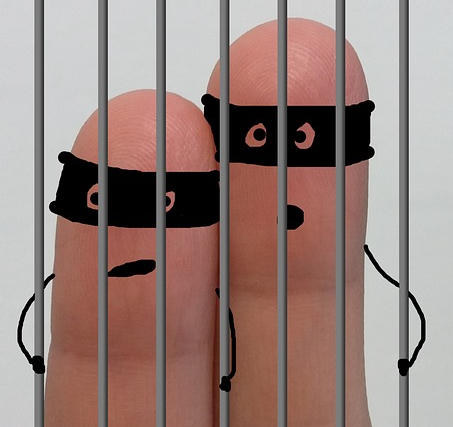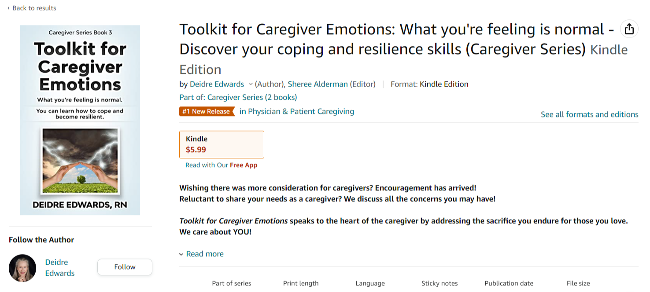Last week, I mentioned our good news about Toolkit for Caregiver Emotions, being available for pre-order on Amazon, and it occurred to me it might be nice to share a snippet of that book with you today.
Here is the first part of Chapter 2, where I introduce readers to the first technique we do as an exercise that:
1) Assists people in understanding how much control they have over their emotions
2) How to create an accepting mindset and environment for emotions, and
3) How to, at least temporarily, let it go.
I am also introducing caregivers to the idea that they count. Their total health is a valid focus that needs to be recognized, so they can successfully be there for their loved one/patient.
Here is your peek inside of Toolkit for Caregiver Emotions:
Chapter 2
Are you drowning?
We caregivers of loved ones often think we should just soldier on in silence. Don’t complain. Don’t reach out for help. Just do the job. Any feelings we experience about ourselves are pushed so far down they are out of sight.
Our loved one comes first, last, and everywhere in between.
That philosophy may work for a while … until it clearly does not.
I can tell when it’s not working. Caregivers come to talk to me with that glazed-over, shell-shocked look, like they are drowning at sea and are going down for the third time – lacking the energy to even signal for help.
A greater understanding of the unique caregiver emotional situation will assist you in smoother transitions through the phases of caring – and even grieving.
I thought I had everything figured out when I started caring for my dear husband. I was a nurse who taught Certified Nursing Assistants, after all.
Little did I know, there was still much to learn – especially about my emotional and physical needs during that blessed time of caring for him.
You see, in a caregiving situation, there are two patients. Two patients with equally important, but very different needs. Two patients whose needs are intertwined and dependent upon each other.
Those patients are you, the caregiver; and the loved one you are caring for. Ignore the needs and welfare of the one, and the other will not be cared for.
I want to shine a light on the unpredictable roller coaster of often surprising and negative caregiver emotions.
Emotions are what make us human. When we cry, we’re experiencing emotion. Whenever we are happy, sad, mad, passionate, upset – those are all emotions.
But sometimes, negative emotions need to be reined in!
Emotions can steal our involvement and enjoyment of the present moment.
You see, emotions should just come and go. But sometimes, we get so uncontrollably wrapped up in our feelings, we start identifying with them.
This is what I know – we are not our emotions; and we can – and should – control them at times. But how?
Keep reading and follow along with the techniques I share.
- Copyright 2022, Deidre Edwards
Oh, I just hope you are wanting to turn the page to read what’s next!
And you will get to do that. My goal is to beat my deadline of August 2nd by publishing early!
Foodtalk4you subscribers can assist us in getting this book into the hands of the over 50 million caregivers – in America alone – by joining the launch team. Very soon, we will send out information on how you can get an inside look at a book and participate in its success.
There will be opportunities for getting FREE autographed copies for launch participants. Yay!
UPDATE!!
Dear Readers – It’s a humble little burnt orange banner, but it means so very much:
“#1 New Release in (the category of) Physician and Patient Caregiving”
This means YOUR pre-orders for Toolkit for Caregiver Emotions are enabling others to see this book on Amazon so much easier! In the coming weeks, I’ll be dedicating myself to publishing before my projected date of August 2nd because more and more caregivers need this message of hope, understanding, and techniques.
A change in our health status can come in the blink of an eye – not only do we need to be prepared for the physical tasks of caregiving, but we need the mental and emotional skills to stay sane, not feel alone, and to strengthen life-long resilience skills. The third title in my Caregiver Series will do that.
I just cannot say, “Thank You” enough!
In the meantime, it’s time to get up from this desk, do a minute of planks, and go for a walk before the temperature decides to return to winter.
Boing! That’s springtime in the Northern Hemisphere!
Pssst! You have my permission to share this post using the options under the MORE button below. 😊
In health –
Deidre
